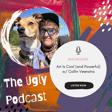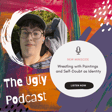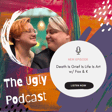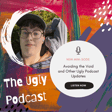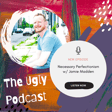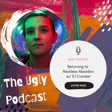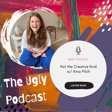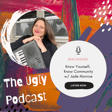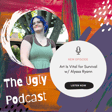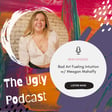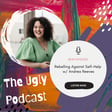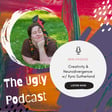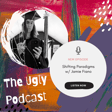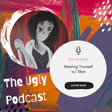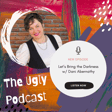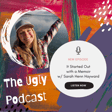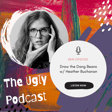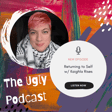
Pineapples & Process w/ April Fitzpatrick
Today’s guest, April Fitzpatrick (she/her), aka “The Pineapple Lady,” is an art therapist whose work centers art as a process that allows people, particularly those who’ve experienced racial trauma, to reclaim agency over their personal narratives.
April and I talk about the impressive symbolism of the pineapple for both the therapy process and the human development process, and a broad overview of what happens from a neuroscience perspective when we engage in creative acts. We also discuss the benefits of prioritizing the healing and creative processes rather than chasing after unrealistic performance culture standards.
In the midst of so much global grief and ongoing trauma, one thing I know for sure is the importance of having an inclusive mental health framework to help us all work toward healing.
You can learn more about April's work at pineappleswithpurpose.com or on Instagram at @pineappleswithpurpose. You can see some of her work featured in Tallahassee Democrat, Tallahassee International Airport, Canvas Rebel, Artful Infrastructure, Black Superwoman Chronicles, ArtPlace America, Black Minds Mag, Art Seen: The Curator’s Salon Magazine, and ART4EQUALITY x LIFE, LIBERTY, PURSUIT OF HAPPINESS Exhibition Catalog.
